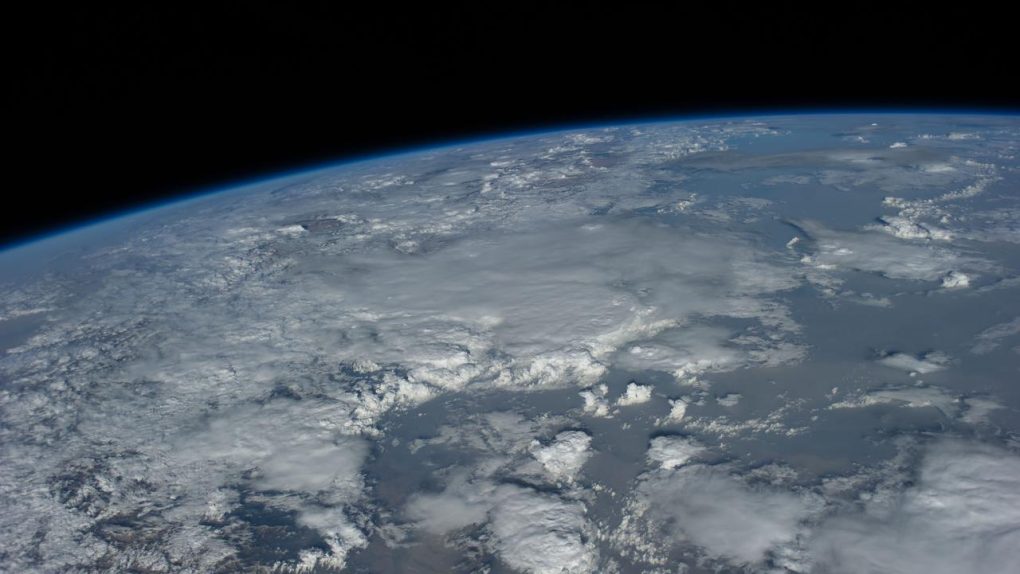- Scientists have spent an incredible amount of manpower attempting to determine what conditions support life, and why Earth is so perfect for living things.
- Now, a researcher simulated 100,000 planets to try to determine how lucky we are that Earth has remained habitable for as long as it has.
- As it turns out, we’re incredibly fortunate that Earth seems to have a habit of returning itself to habitability even after catastrophic events.
This should go without saying, but just in case you haven’t considered it in a while, I’ll go ahead and mention it: We’re really, really lucky to be living on Earth. Earth, as far as we know, is the only planet to ever have supported life, and it’s done so for billions of years. That’s an incredible achievement and one that puts Earth in a group of one.
Now, that’s not to say that life on Earth has always had it easy. In fact, our planet has faced many extinction-level events during its tenure as a bastion for life. However, it has always managed to bring things back into a sort of even-keeled state. Sure, it might have taken millions and millions of years for that to happen, but it always happened fast enough that life could hang on and thrive once more. Now, a scientist has taken it upon himself to see just how lucky we are that Earth has survived for this long without life being snuffed out completely, and the data is incredibly interesting.
As Phil Plait of SYFY Wire reports, the experiment is the subject of a new paper published in Communications Earth & Environment. In the paper, researcher Toby Tyrrell explains that Earth having remained habitable for three to four billion years was what sparked his desire to run a ton of simulations and see how lucky Earth really is.
Earth’s climate has remained continuously habitable throughout 3 or 4 billion years. This presents a puzzle (the ‘habitability problem’) because loss of habitability appears to have been more likely. Solar luminosity has increased by 30% over this time, which would, if not counteracted, have caused sterility. Furthermore, Earth’s climate is precariously balanced, potentially able to deteriorate to deep-frozen conditions within as little as 1 million years. Here I present results from a novel simulation in which thousands of planets were assigned randomly generated climate feedbacks. Each planetary set-up was tested to see if it remained habitable over a period of 3 billion years. The conventional view attributes Earth’s extended habitability solely to stabilising mechanisms. The simulation results shown here reveal instead that chance also plays a role in habitability outcomes. Earth’s long-lasting habitability was therefore most likely a contingent rather than an inevitable outcome.
Tyrrell assigned mathematical values to the 100,000 virtual planets he simulated. The climate of each planet was randomized in that some would have feedback loops similar to Earth — Earth having too much CO2 would cause it to get too hot, producing even more CO2, etc — while others would have different variations. The actual climates weren’t simulated, but the values representing the variables were assigned and then tracked as each planet was simulated 100 times.
The temperature of each planet was tracked for 3 billion (virtual) years. Out of the absolutely huge number of planets simulated, only one planet managed to remain habitable during all 100 simulations. Other planets remained habitable during some simulated runs but not others, but only 9% of the planets remained habitable during at least one 3-billion-year run.
Needless to say, the fact that Earth has sustained itself through asteroid impacts, rapid cooling, and perhaps even a supervolcano eruption or two is very, very lucky. If any of those events had wiped out life completely, I wouldn’t be here writing this, and you wouldn’t be reading it.








